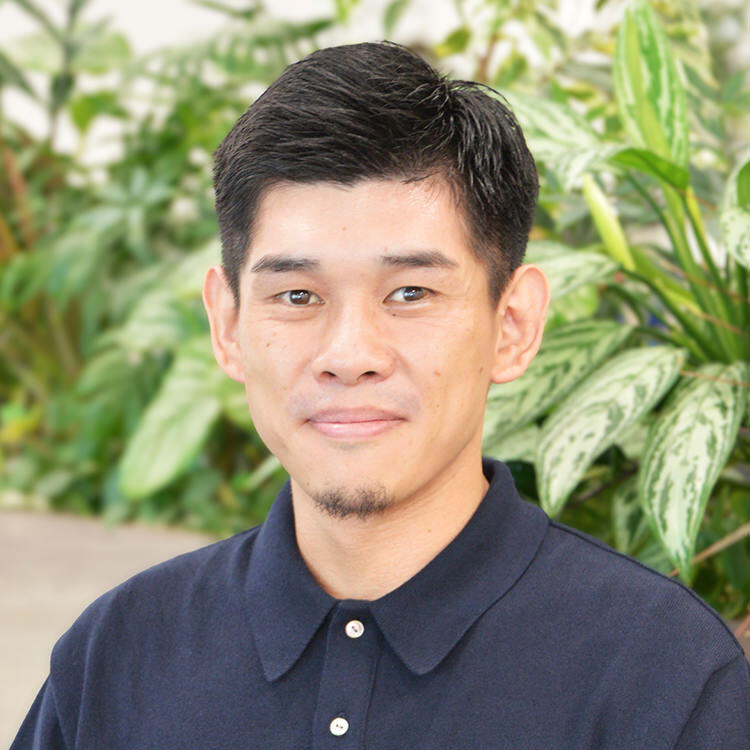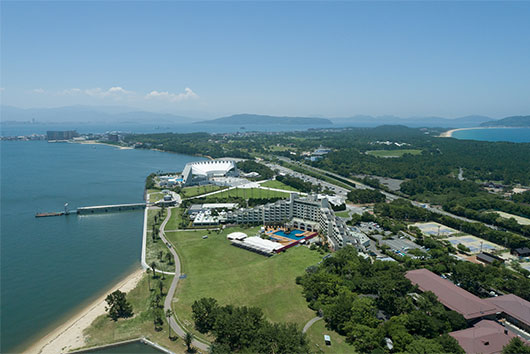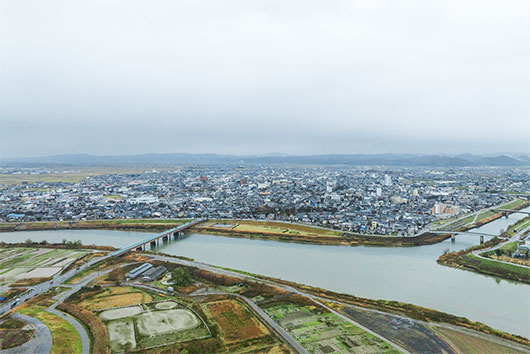"Sounding-type Market Research" is rapidly expanding in PPP projects.
As citizen needs become more diverse, it is becoming increasingly important to listen to the voices of private business sectors in order to create and succeed in business. We talked to Toru OGAWA in the Social Good Creation Sec., Integrated Project Dept., Social Innovation Div. about the current status and challenges of sounding research.
INDEX
- What is a sounding research?
- Why is it growing so rapidly?
- How is a sounding research actually carried out?
- Benefits of conducting sounding research
- What are the issues that are emerging?
- How can we carry out an effective sounding research?
What is a sounding research?
--First of all, what is a sounding research?
This is generally called "Sounding-type Market Research." It is conducted to hear ideas and opinions from private business sectors about how to utilize land and facilities owned by local governments. By widely and officially showing the land and facilities that will be the subject of the project to the outside world, it also plays a role in increasing the desire of private business sectors to enter the market.
When you hear people's opinions, you might think of hearings. However, hearings are literally "listening" to the other person's opinions. Soundings are characterized by the fact that you first "communicate" your intentions to the other person and then get a response to them. I think the reason they are called sounding research is because you first communicate your intentions and then find out the reaction.
--Why is a sounding research being conducted?
Even before sounding surveys became widespread, public land and facilities were considered through dialogue with private business sectors.
In this context, a business method called PFI (Private Finance Initiative) has become widespread, based on the idea of PPP (Public Private PPP) that originated in the UK in the 1990s. It aims to utilize private capital and management and technical capabilities to design, build, renovate, and manage public facilities.
In Japan, the PFI Act was enacted in 1999 and projects began to be implemented, and sounding-type market research has also been gradually implemented as various forms of PPP, including PFI, have become more widespread. In particular, there has been a sharp increase since 2017, with the number of cases increasing year by year from 69 in 2016 to 716 in 2023, more than 10 times the number.
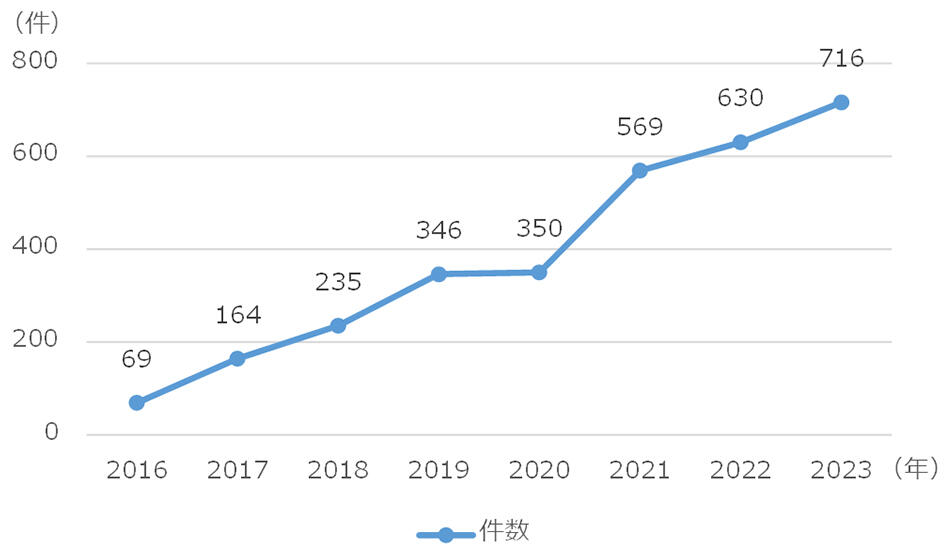
Source: Counting the number of cases from "Sounding-type Market Survey Implementation Status" on the Japan PFI/PPP Association website
Why is it growing so rapidly?
--Even so, the increase is quite rapid.
This shows that the reorganization of public facilities and the resulting utilization of public land have become major issues. There are probably about three factors behind this.
One reason is that many public facilities are reaching the time for renewal all at once. Many schools, libraries, community centers, and public health and welfare facilities were built in the 1960s and 1970s. Although renovations have been carried out, many buildings have deteriorated and concerns about their earthquake resistance are growing. People are being forced to choose between maintaining them through large-scale repairs and seismic reinforcement, or demolishing them and transferring their functions to other facilities.
The second reason is the diversification of citizen needs. There are fewer traditional activities that require dedicated rooms, such as cooking classes and craft classes, and there is now a demand for multi-purpose spaces. This has led to a decline in the occupancy rate of existing facilities.
The third issue is financial issues. Tax revenues have been declining due to population decline and a sluggish local economy, and are likely to continue to decline in the future. A major issue is how to maintain healthy finances. I think one of the issues is that it is becoming difficult to maintain and operate many public facilities in the same way as before.
--Have you noticed an increase in interest from private business sectors as well?
I think so. Nowadays, corporate activities are being closely scrutinized by investors from the perspectives of the environment, society, and governance. As the movement towards "ESG investment" that focuses on this point is gaining momentum, participation in public works projects seems to be attracting attention as a way to increase corporate value. For this reason, private companies also want to obtain information on public urban development projects, etc., and this may be one of the factors that encourage the implementation of sounding research.
How is a sounding research actually carried out?
--When will the sounding research be carried out?
There are two main times to conduct sounding research. As indicated in Ministry of Land, Infrastructure, Transport and Tourism's "Guidelines for Sounding-Type Market Research for Local Public Organizations (Summary)" (updated October 2019), one is at the initial stage of business planning, when the business is first being considered, and the other is when the business is in sight and concrete business considerations are being made.
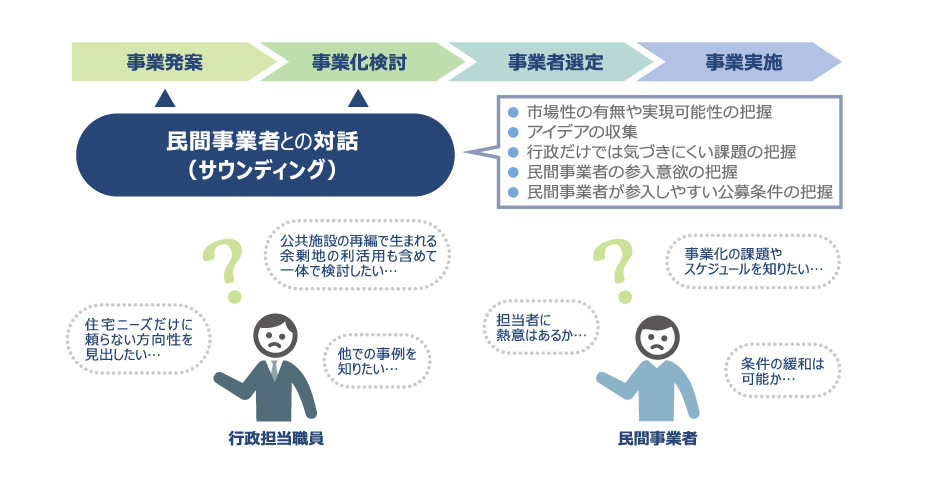
Created based on the above by PACIFIC CONSULTANTS CO., LTD.
--Are the contents different for each one?
Although they are both about listening to the voices of the public, the content of the research is different. In the sounding research at the "project proposal stage," it is expected that "highly flexible proposals that utilize the know-how of private business sectors" will be induced, while in the "project feasibility study stage" that follows, the perspective of "scrutinizing the business conditions in preparation for selecting a business operator" becomes important.
Benefits of conducting sounding research
--What does the public sector gain from conducting sounding research?
By providing specific information on the reorganization and utilization of public facilities, public land, parks, green spaces, and other public spaces, it is possible to widely solicit utilization ideas from the private sector. This is an area where private business sectors who are well acquainted with market trends and needs excel. In addition, by knowing how much interest private business sectors have in utilizing the facilities and land, and what type of business model would be most likely to gain their participation, it is possible to move forward with consideration of commercialization.
--What is the appeal of sounding research for private business sectors?
There are probably many reasons why people participate in sounding surveys, but generally speaking, there are few sounding researches that give direct incentives to private business sectors. For example, after the sounding research is conducted, a business operator is selected based on the concrete plan, but from the perspective of fairness, it is customary not to give special treatment to business operators that participate in the sounding research. Costs associated with the sounding research are also borne by the participating business operators.
--There's no direct incentive.
Yes. Therefore, it may seem that there is no benefit for private business sectors, but that is not the case. It is valuable for business operators to be able to catch public projects that will be commercialized in about two or three years in advance. This is because in order to get started on future business participation, cooperation between various departments within the company and the judgment of decision makers are necessary. I have heard that if there is an official "seal of approval" regarding the feasibility of commercialization in the form of a sounding research and concrete materials released by the public sector, it will be easier to reach a consensus within the company.
What are the issues that are emerging?
--Are there any issues you are facing when conducting sounding research?
I think it's a valuable opportunity to hear the voices of the private sector widely, but I do think that some issues are becoming apparent. For example, because there is a desire to expedite the utilization of public land and facilities, there is a tendency for the sounding research to become a place to find private business sectors that will take on the task of commercializing the projects. It is necessary to insist on commercialization, but the utilization of public facilities and public land is originally intended to solve local issues and improve financial health, and commercialization is a means to that end. However, it seems that there is a tendency for the goal to just move forward with commercialization without the government having a clear idea of what to do.
--It seems that ideal PPP are quite difficult to achieve.
To begin with, local public organizations and private business sectors have different timescales. Local public organizations have a long-term timescale to achieve the goals of resolving issues facing the region and achieving fiscal soundness. In contrast, private business sectors have a short-term timescale to generate business profits. These differences in goals and timescales are fundamentally incompatible.
--In that sense, sounding researches are valuable.
I think so. To realize PPP, both parties need to compromise and find common ground. In that respect, sounding researches are effective. I think it is particularly valuable to hear negative opinions from private business sectors such as "Isn't that difficult in this respect?" This is because it highlights the gaps that exist when realizing PPP. The key to establishing and succeeding in a collaborative project is to pursue how to resolve those gaps. If you only hear positive opinions, you will be influenced by information bias, which will lead to an underestimation of the risks of commercialization.
How can we carry out an effective sounding research?
--What kind of efforts are necessary to produce results from a sounding research?
When conducting a sounding research, we often hear from the public sector that "we want flexible ideas from the private sector, so we don't want to limit possibilities by imposing conditions on the public sector." It's true that the free ideas that only the private sector can offer are attractive, but I think that solving local issues related to public facilities and public land should be part of new urban development promoted by the public sector.
I think that first the public sector needs to clarify the vision of what kind of town development and business they want to undertake to solve local issues, and then indicate the provisional conditions of the business as envisaged at present. In response to these, private business sectors need to consider how they can provide their own services and know-how. I think that the starting point for this is a sounding research.
--I see. So to ensure good collaboration, a go-between is also necessary.
As you say, for the sounding research to be successful, I think it is necessary to have public sector, which is developing the town with a long-term vision, and the private sector, which is aiming to generate profits in the short term, and can bridge the two. Moreover, they must understand the various characteristics of each region, be knowledgeable about PPP/PFI, and have knowledge of various business schemes. Depending on the content of the project, various technical knowledge such as architecture, civil engineering, town development, and the environment is also required. I think it is essential to have a consultant with comprehensive capabilities who has all of these.




